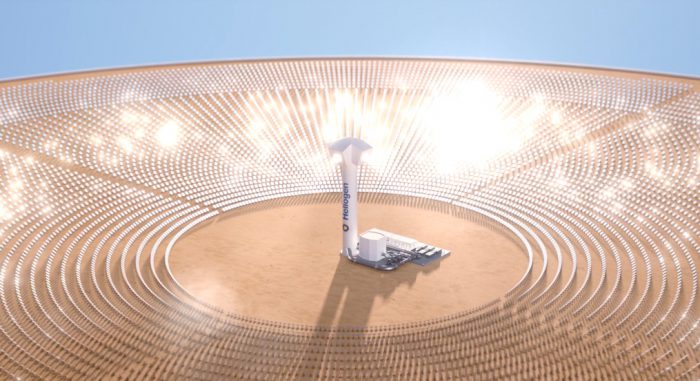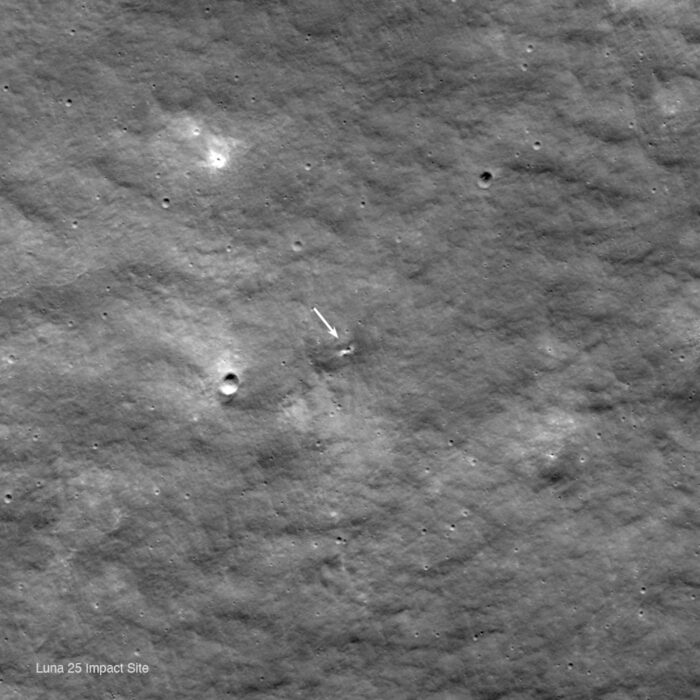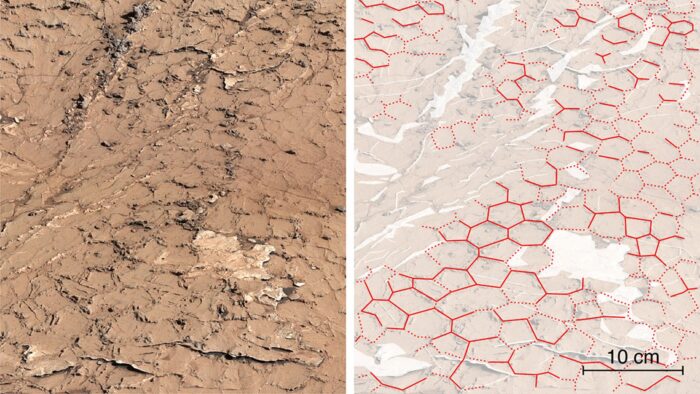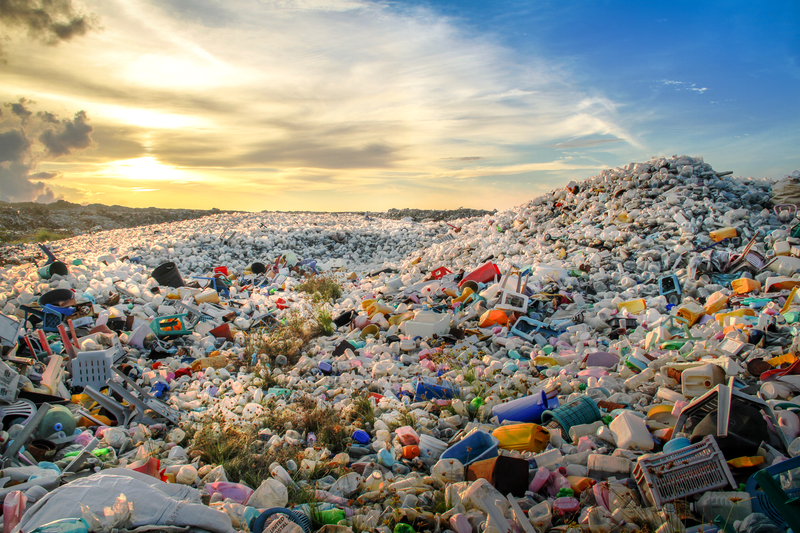The Sun is the hottest thing around for trillions of miles. But when it comes to getting energy from it—a.k.a. solar power—there is one common complaint.
It's not hot enough!
That's because when it comes to actually turning the rays from the Sun into power that we can use, we're at a disadvantage. Yes, solar panels can capture that energy, but so far it's been very difficult to recreate the same kind of explosive power and high heat that we can get from combustion (fires from fossil fuels).
This is a reason why some people don't believe using solar energy will replace fossil fuels in industries like steel, glass, or cement manufacturing. All of these industries require extreme heat.
To which Heliogen asks, "Is 1482°C hot enough for you?"
Intense focus
Heliogen is a brand new solar energy startup project funded by tech billionaire Bill Gates. Recently, it was able to break records for the heat generated by solar power. Not only did it break the 1000°C (1832°F) barrier, it hit an incredible 1482°C (2699°F).
This puts it easily in the range of what is needed to make materials like steel and glass. These processes need this kind of high heat to melt metals and rock to transform the substances into new material. And how does Heliogen push the limits like this?
It's very focused. Literally!
On the move
Normally, a plant's mirrors or panels are either stationary or limited in how they can be moved. But this plant not only uses over a thousand mirrors, it has computers and algorithms (programs) to individually control them. This way, each mirror can be turned just so in order to reflect the maximum power of the Sun's rays back into a central tower.
Pow!
Even more impressive? From there, the energy is stored so that it can be used to produce heat or electricity. It can even be transported to other locations as a new environmentally friendly fuel called green hydrogen. This is a very big deal because in addition to being seen as a 'weaker' power source, solar energy's big problem was that it was nowhere to be found at night or on a cloudy day. By storing it as a fuel, this gets around a huge roadblock to us leaving carbon-producing fossil fuels behind.
Of course, Heliogen's solar refineries are only prototypes for now, but ideas this good usually don't stay prototypes for very long. And they're just one example of how solar energy is improving all the time. Watch the video below to get a glimpse at what makes this technology so intriguing.
 The thousands of mirrors at the Heliogen refinery are controlled by AI to get maximum efficiency. (Heliogen)
The thousands of mirrors at the Heliogen refinery are controlled by AI to get maximum efficiency. (Heliogen)









